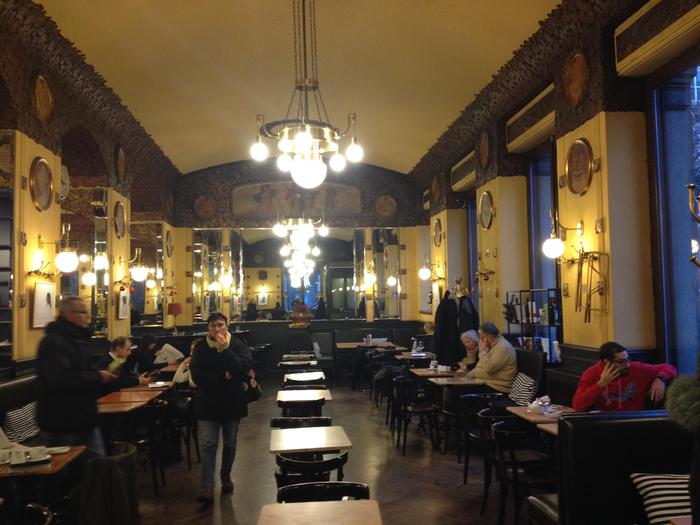But where does the Spritz come from?
Between Italians and Austrians, we no longer know who is related to this sparkling orange cocktail so recognizable.
In the first half of the 19th century, Veneto, a territory in the north-east of the Italian peninsula, was under Austrian domination.
The cities are occupied by Austrian soldiers, administrators and merchants and therefore in the streets of Venice, Italian is spoken as German is spoken.
A German accent in the streets of Venice
Since occupying a country is not easy, we had to find places to relax.
However, the fine palates of the Austrians, no doubt accustomed to the delicacy of the wines served at the court of the Habsburgs, were quickly put off by the high alcohol content of the wines served in the taverns of the region.
This gave rise to the practice of asking the waiter to “sprinkle” or “sprinkle” the local wine with sparkling water to lengthen it.
It is from this gesture of watering, “spritzen” in German, that our famous spritz was born.
Or almost...
Because, the Spritz of the soldiers then consisted of white wine and sparkling water.
So what happened?
The ingredients have simply evolved over time to give the shape that we know of this cocktail.
In 1920, Apérol appeared, a bitter drink with such a characteristic color that was first diluted with sparkling water before adding prosecco, this sparkling white wine produced in Italian vineyards.















